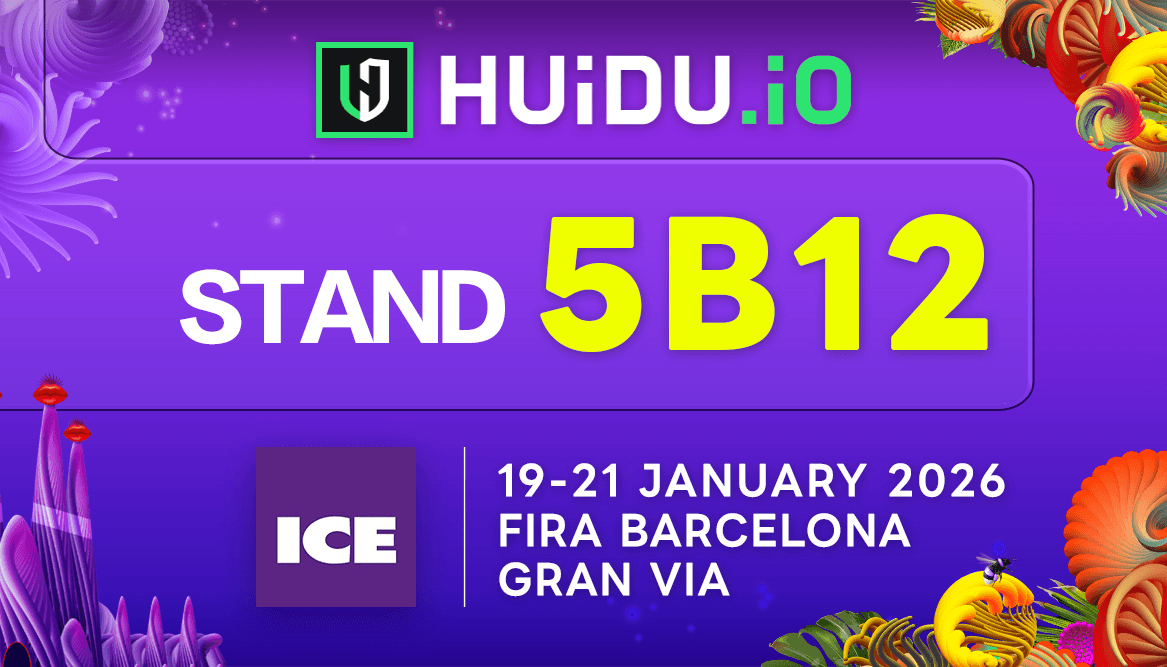Legal Barriers Confront Prediction Markets in the Philippines
Despite the global rise of prediction markets, the sector remains illegal in the Philippines. Gaming law expert Marie Antonette “Tonet” Quiogue explained that under current law, prediction markets fall squarely within the definition of gambling and therefore cannot operate domestically without authorization.
In an analysis published by Arden Consult, Quiogue wrote: “Prediction markets are indeed an innovative investment tool, but under Philippine law, any wager involving chance is considered gambling.”
Global Growth Highlights Regulatory Divide
By mid-October, global trading volume in prediction markets exceeded US$2 billion. Platforms such as Polymarket and Kalshi have attracted major investment, with Polymarket recently receiving a US$2 billion investment from the Intercontinental Exchange (ICE), valuing the company at nearly US$8 billion.
In contrast, the Philippines lacks the legal framework seen in the United States, where prediction markets are being regulated as financial instruments under the Commodity Futures Trading Commission (CFTC). The Philippines has no equivalent concept of “event futures” or “prediction contracts” under its financial laws.
PAGCOR Oversight: No Licenses Issued
The Philippine Amusement and Gaming Corporation (PAGCOR) remains the sole authority for regulating gambling activities and has not issued any licenses to prediction market platforms. “Operating a real-money prediction market in the Philippines without PAGCOR authorization constitutes illegal gambling,” Quiogue emphasized.
She added that under the Civil Code, gambling contracts are void and unenforceable — meaning that even if a bettor “wins,” they cannot legally claim payment, and platforms cannot lawfully collect losses.
Political Betting Strictly Prohibited
Quiogue also stressed that wagers on Philippine election results are explicitly prohibited under the Election Law. Both online and informal office betting pools have been publicly discouraged by the Commission on Elections (COMELEC). “Any bet involving political outcomes constitutes a serious offense,” she said.
Possible Loophole: Non-Monetary Prediction Models
Experts suggest that “no-stakes prediction markets” — where participants forecast outcomes without real-money wagers — may be the only legally viable option.
However, such models lack the economic incentives necessary to sustain a commercial ecosystem.



 1Days ago
1Days ago















